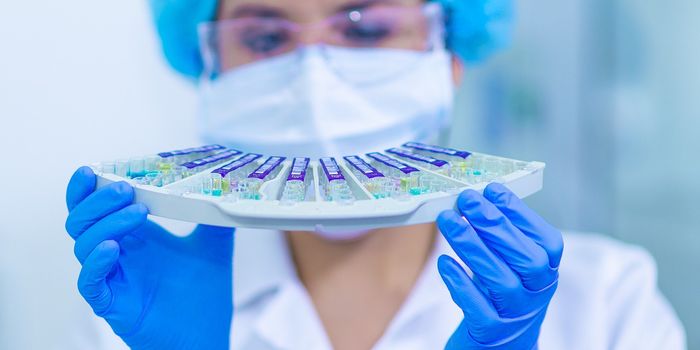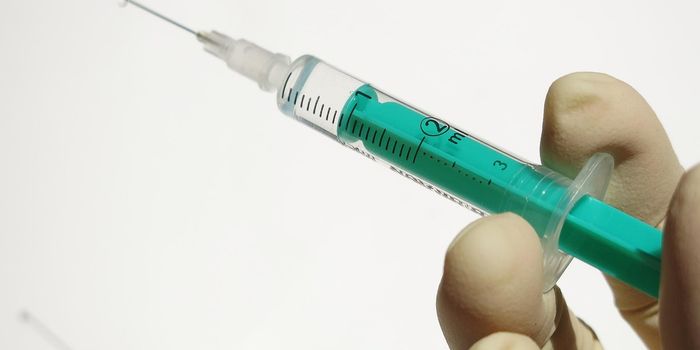Peacekeeping Engineered T Cells Restore the Balance in Diabetes
For patients with type 1 diabetes, hope is around the corner with a new experimental therapy that uses genetically modified immune cells. Scientists at the Seattle Children's Research Institute's Center for Immunity and Immunotherapies have been granted a multi-million dollar research grant to accelerate the therapy’s path to the clinic.
In type 1 diabetes, the pancreas does not produce enough insulin to effectively regulate the body’s blood sugar levels. This is a result of a subset of white blood cells, called effector T cells, infiltrating the pancreas and destroying insulin-producing islet cells.
Without sufficient insulin, patients often feel tired, thirsty, or hungry, and lose weight despite eating normally. By the time type 1 diabetes is diagnosed, around 80 to 90 percent of the islet cells are permanently damaged.
In healthy individuals, effector T cells are kept in check by regulatory T cells, or T regs. Regulatory T cells tell the effector T cells to calm down and limit damage to tissues like the pancreas, says David Rawlings, the senior investigator leading the research.
In research published in Science Translational Medicine, Rawlings' team created a novel way of restoring the balance between T cell effectors and regulators. Here, the patient's own T cells are isolated from a blood sample and genetically modified to equip them with T reg functionality. They are then infused back into the patient where they can stop hyperactive effectors in the pancreas and shield against further damage to the pancreas.
The research team identified a specific gene that when turned on, gave T cells the specialized abilities of T regs. This genetic switch, FOXP3, was shown to make edited T cells behave very similarly to T regs in experiments using both animal models and tissue culture.
"This data offers the first proof that engineering by way of turning on FOXP3 is sufficient to make a functional Treg-like cell product," said Rawlings, adding that this landmark research finding is directly translatable to clinical use.
Rawlings and colleagues believe that this novel technology has significant advantages over current clinical interventions for type 1 diabetes and even other T reg therapies in development. Their next steps are focused on further validating the therapy and translating the research into protocols for clinical use.
"I think some in the field questioned whether our approach would actually work, and so it's gratifying to not only have proof that it works but to continue to generate data showing just how remarkably well it works."
Sources: Medical Xpress, Science Translational Medicine.









